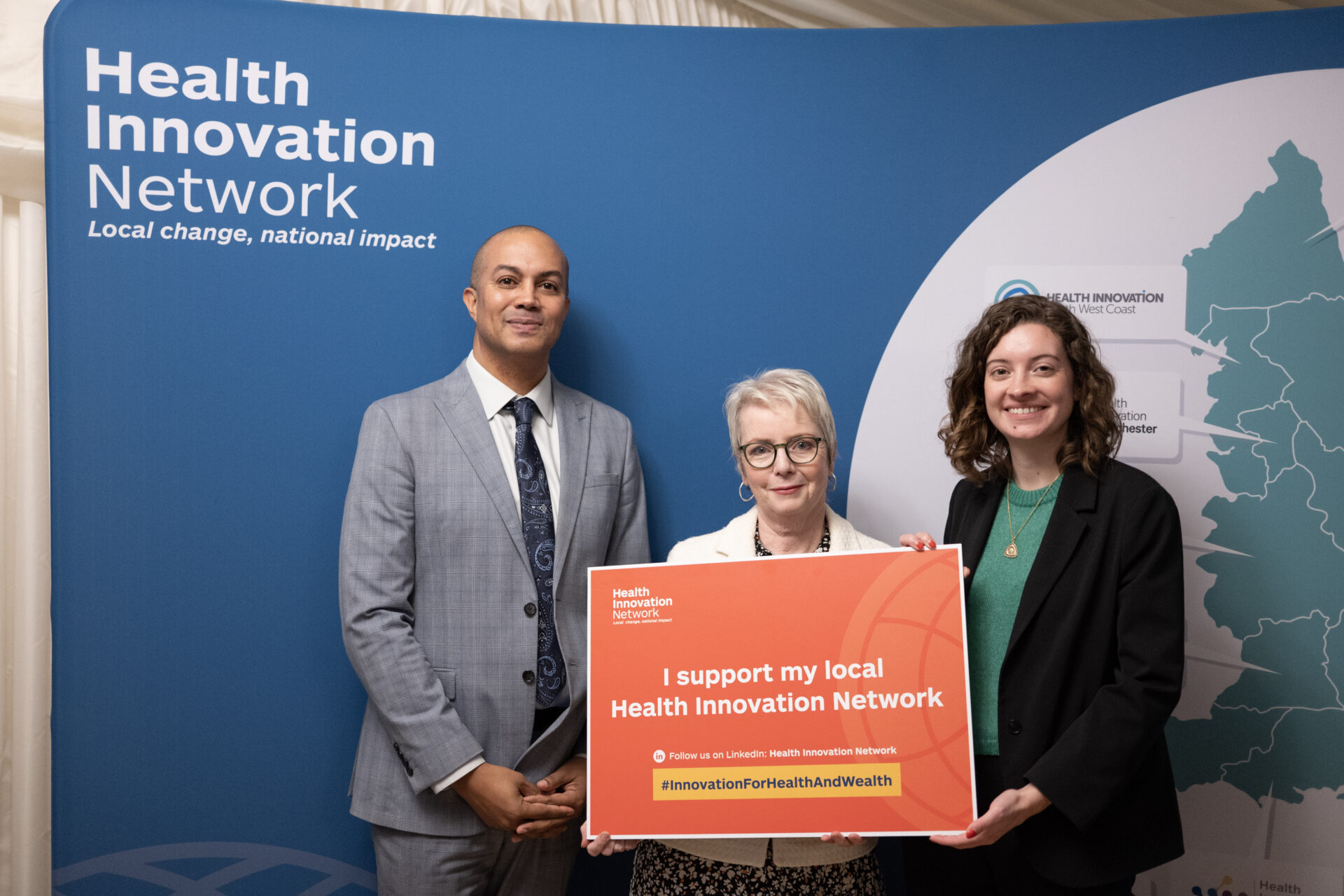GPs, pharmacists and geriatricians from across the country gathered at the Royal Pharmaceutical Society in London on Thursday 23 November to celebrate five years since the launch of the Polypharmacy Action Learning Sets.
The Action Learning Sets are an evidenced-based education approach to upskill primary care professionals in addressing problematic or unnecessary polypharmacy in their patients.
Speakers included Professor Tony Avery, NHS England’s National Clinical Lead for Prescribing; Dr Lucy Pollock, Consultant Geriatrician at Somerset NHS Foundation Trust, and author of ‘The Book About Getting Older’; David Webb, NHS England’s Chief Pharmaceutical Officer; Adam Todd, Professor of Pharmaceutical Public Health at Newcastle University; and Clare Howard, Clinical Lead for the Health Innovation Network’s national Polypharmacy programme.
The Action Learning Sets form an important part of our national Polypharmacy Programme, which is supporting healthcare professionals to identify patients at potential risk from harm and facilitate better conversations about medicines.
Action Learning Sets are a structured method enabling small groups to explore complicated issues by meeting regularly and working collectively. We have used the approach to support GPs, pharmacists and other healthcare professionals who undertake prescribing or medication reviews to understand the complex issues around stopping inappropriate medicines safely.
As of November 2023, 638 delegates across England have participated in the Polypharmacy Action Learning Sets. Our ambition is to increase this number to 1,000 by March 2024.
At the celebration event we launched our ‘state of the nation’ report, showcasing the learning from our Action Learning Sets and providing recommendations for change. The insights detailed in the report include:
- Confidence amongst GPs and pharmacists to stop medicines safely is a significant issue.
- Shared decision making with the patient is the key to solving problematic polypharmacy.
- Primary care has the data and the tools but both clinicians and patients need more support to use these effectively.
- Geriatricians see the impact of overprescribing and they are essential to help primary care tackle the issue.
- Primary care networks (PCNs) are hugely variable in the make-up and some roles under the Additional Roles Reimbursement Scheme (ARRS) need much more support.
- We need to engage our secondary care colleagues in this work going forward.
- Funding needs to be guaranteed and for a minimum of two years (ideally five) to continue successful delivery of a robust and well-resourced training offer to GPs and pharmacists.
- We need to establish a deprescribing network in England.
Download the full report here.
The event also featured posters created by Action Learning Set delegates on a wide range of quality improvement (QI) projects they have undertaken to address problematic polypharmacy in their workplace to drive and accelerate changes in practice.
Take a look at the Polypharmacy QI posters here.
Watch our short film to find out more about our Polypharmacy Action Learning Sets.
Register your interest to join a future Polypharmacy Action Learning Set here.

The Health Innovation Network is delighted to announce the launch of Innovation Insights, a brand-new webinar series designed to highlight the latest in health innovation, offering attendees valuable insights into the adoption and spread of innovation within the health and care landscape. Each interactive webinar will feature: Expert presentations: Delivered by thought leaders across [...]

The Health Innovation Network, at an event sponsored by Sarah Coombes MP, brought together parliamentarians including Health Minister Karin Smyth MP and Chair of the Science, Innovation and Technology Committee, Chi Onwurah MP to meet with six innovators supported by health innovation networks across the country and their NHS partners. At the Meet the Innovators: [...]

The need for fast-paced innovation in healthcare is widely acknowledged. And ensuring that healthcare innovation is shaped by the people it serves remains a pressing priority – one made all the more evident by the growing emphasis on health equity in the 10 Year Health Plan. Patient voices are often cited as central to healthcare [...]





